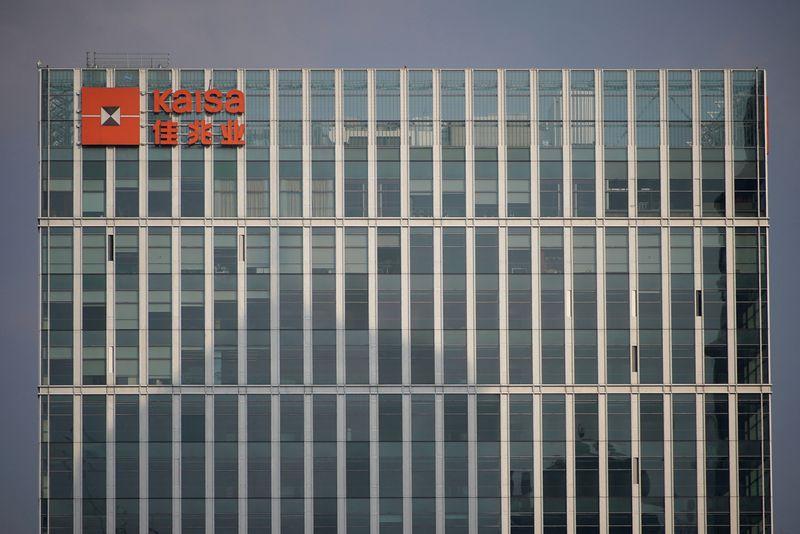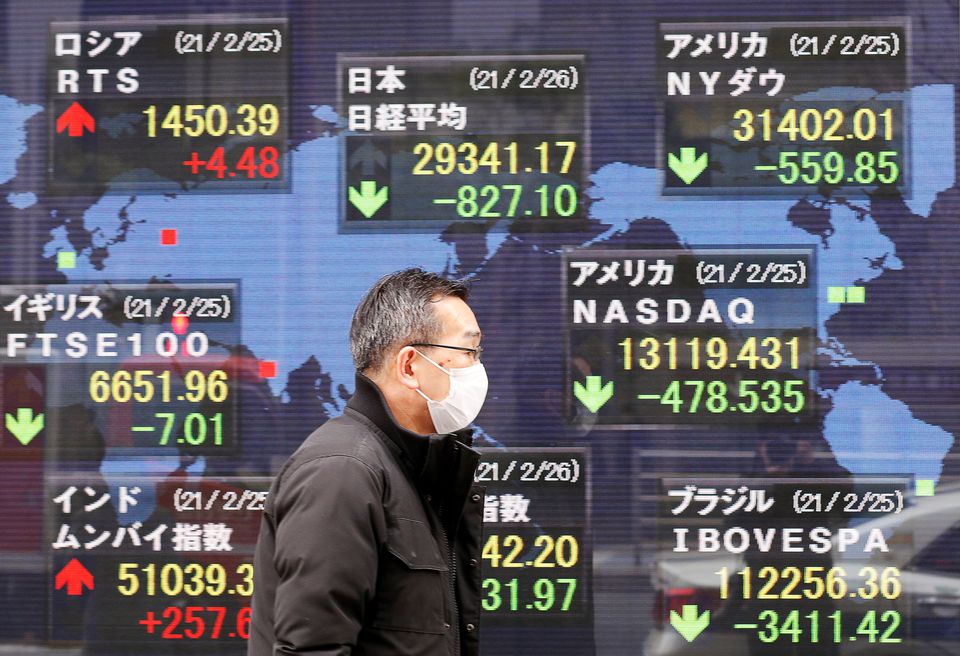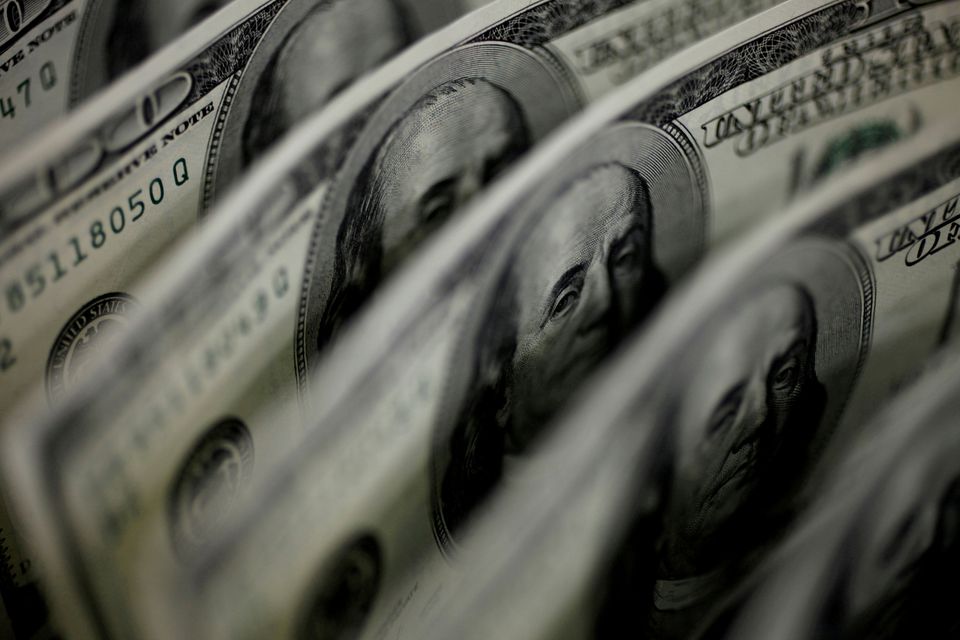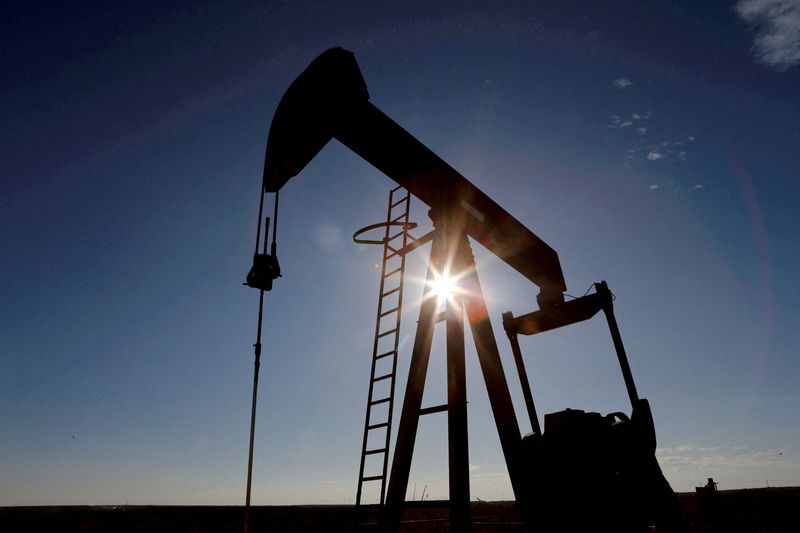WORLDWIDE: HEADLINES
Google’s YouTube TV reaches deal to restore access to Disney channels

Alphabet Inc’s (GOOGL.O) YouTube began restoring access to Walt Disney Co (DIS.N) channels on its platform on Sunday, after the companies reached a distribution agreement to end a two-day blackout.
YouTube tweeted that “we’ve reached a deal with Disney and have already started to restore access to channels like ESPN and FX.”
Neither company disclosed the financial terms of deal.
YouTube warned last week that it would only renew its agreement with Disney if the company offered “equitable terms” and announced that it was cutting the monthly price for YouTube TV by $15, from $64.99 to $49.99.
On Sunday, YouTube said a monthly subscription had reverted to $64.99, but affected users would receive a one-time $15 discount.
“We appreciate Google’s collaboration to reach fair terms that are consistent with the market,” Disney said in a statement on Sunday.
YouTube earlier this month struck a multi-year pact with streaming platform Roku Inc (ROKU.O) to distribute YouTube’s flagship app and TV service, ending a months-long battle over accusations of anti-competitive conduct.
Full coverage: REUTERS
China’s Kaisa says bondholders have not asked for accelerated repayments yet

Kaisa Group (1638.HK) said on Monday it has not received any notice from bondholders to accelerate repayments yet as the embattled Chinese property developer has not repaid a $400 million offshore bond.
The firm said it also did not pay the coupon totalling $105 million for notes due in 2023, 2025, and 2026, with the grace period for the first two already expired.
The non-payment on the $400 million maturity on Dec. 7 triggered cross-default provision on all its $12 billion offshore bonds and prompted a downgrade to “restricted default” by Fitch Ratings.
Kaisa is the second-largest dollar bond issuer among China’s property developers after China Evergrande Group (3333.HK), which has more than $300 billion in liabilities.
The fate of Kaisa, Evergrande and other indebted Chinese property companies has gripped financial markets in recent months amid fears of knock-on effects, with Beijing repeatedly seeking to reassure investors.
Shares of Kaisa tumbled 8.7% to HK$0.84 in the early session on resumed trading, a record low, after a suspension since Dec. 8.
Kaisa said it was still in talks with bondholders over a debt restructuring deal and it had hired Houlihan Lokey as its financial adviser and Sidley Austin as a legal adviser.
Full coverage: REUTERS
WORLDWIDE: FINANCE/MARKETS
Asia stocks, oil prices suffer as Omicron spreads

Asian share markets fell and oil prices slid on Monday as surging Omicron cases triggered tighter restrictions in Europe and threatened to drag on the global economy into the new year.
A seasonal lack of liquidity made for a bumpy start and S&P 500 futures led the way with a 0.7% drop, while Nasdaq futures shed 0.6%.
MSCI’s broadest index of Asia-Pacific shares outside Japan (.MIAPJ0000PUS) slipped 0.4% and Japan’s Nikkei (.N225) 0.7%.
The spread of Omicron saw the Netherlands go into lockdown on Sunday and put pressure on others to follow, though the United States seemed set to remain open.
“Omicron is set to be the Grinch who stole Europe’s Christmas,” said Tapas Strickland, a director of economics at NAB. “With Omicron cases doubling every 1.5-3 days, the potential for hospital systems to be overwhelmed even with effective vaccines remain.”
While coronavirus restrictions cloud the outlook for economic growth, they also risk keeping inflation elevated and turning central banks yet more hawkish.
It was notable that Federal Reserve officials were openly talking of hiking rates as soon as March and of starting to run down the central bank’s balance sheet in mid-2022.
Full coverage: REUTERS
Dollar shines, euro droops as Omicron spreads while Fed hawks circle

The U.S. dollar hovered near the highest since July of last year against major peers on Monday after a Federal Reserve official signaled a first pandemic-era interest rate hike could come as early as March.
The euro sank with the British pound after the Netherlands went into lockdown on Sunday and Britain’s health minister declined to rule out the chance of further restrictions before Christmas amid the rapid spread of the Omicron coronavirus variant.
The dollar index , which measures the currency against six major peers, stood at 96.629, not far from the peak at 96.938 reached last month.
The World Health Organization said on Saturday that the number of Omicron cases is doubling in 1.5 to 3 days in areas of the world with community transmission, but noted that much remains unknown about the variant, including the severity of the illness it causes.
On Friday, Fed Governor Chris Waller said an interest rate increase will likely be warranted “shortly after” the bank ends its bond purchases in March.
“Waller gave the (dollar index) a tailwind on Friday,” which is now eyeing a new high, but “positioning is skewed long in USDs, so the prospect of position squaring into year-end is elevated,” Chris Weston, head of research at brokerage Pepperstone in Melbourne, wrote in a client note.
“While central bank actions are the real issue, headlines on Omicron could be seen as the smoking gun for position squaring.”
The greenback, which tends to attract demand as a safe haven, touched its highest since Dec. 15 against the euro, sterling and the risk-sensitive Australian dollar.
Full coverage: REUTERS
Oil prices drop 2% as rapid Omicron spread dims fuel demand outlook

Oil prices slumped by about 2% early on Monday as surging cases of the Omicron coronavirus variant in Europe and the United States stoked investor worries that new restrictions on businesses to combat its spread may hit fuel demand.
Brent crude futures fell $1.36, or 1.9%, to $72.16 a barrel by 0036 GMT while U.S. West Texas Intermediate (WTI) crude futures fell $1.51, or 2.1%, to $69.35 a barrel.
“Today’s Asia … weak sentiment in oil prices seems to go in line with a weakness seen in the S&P 500 and Nasdaq 100 e-mini futures,” said Kelvin Wong, market analyst at CMC Markets.
“(This is) due to fears of impending restrictions on economic activities to contain the current increasing spread of the COVID-19 Omicron variant worldwide which may increase the risk of demand slowdown.”
The Netherlands went into lockdown on Sunday and the possibility of more COVID-19 restrictions being imposed ahead of the Christmas and New Year holidays loomed over several European countries.
In the United States, White House medical adviser Dr. Anthony Fauci urged people travelling to visit loved ones to get booster shots and always wear masks in crowded public spaces.
Meanwhile, U.S. energy firms this week added oil and natural gas rigs for a second week in a row.
The oil and gas rig count, an early indicator of future output, rose by three to 579 in the week to Dec. 17, its highest since April 2020, energy services firm Baker Hughes Co said in its closely followed report on Friday.
Full coverage: REUTERS